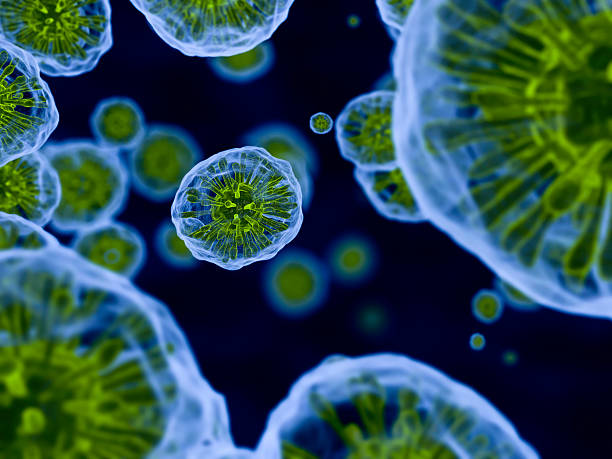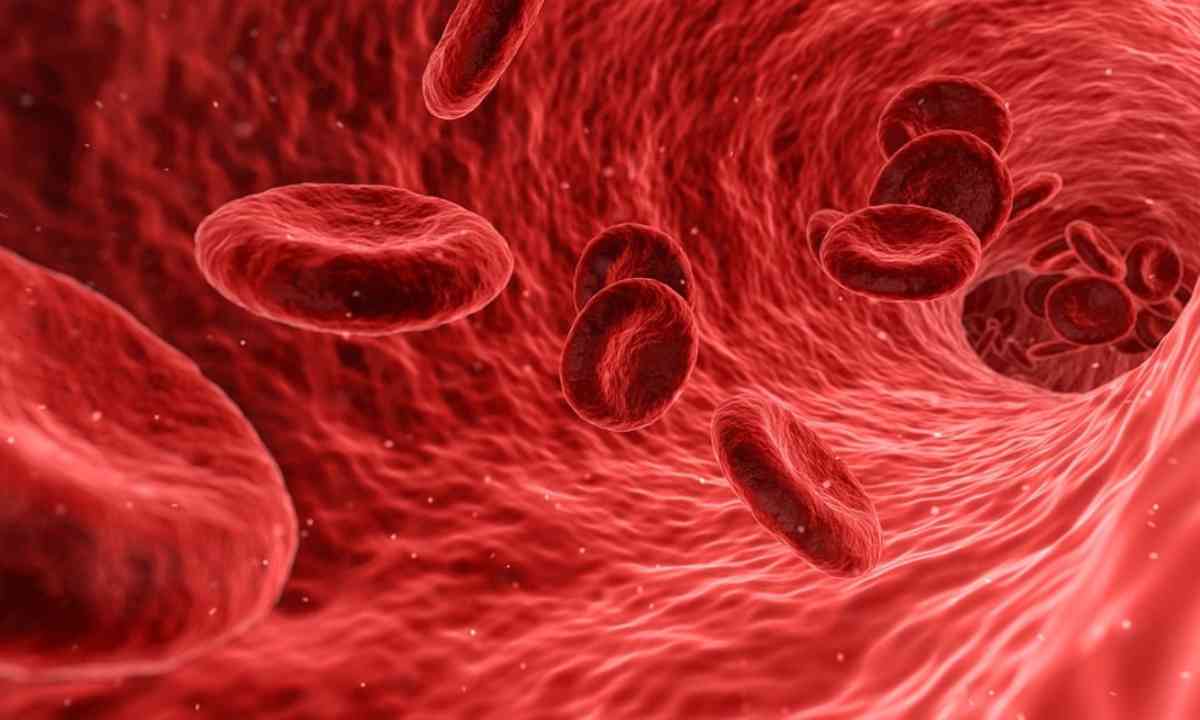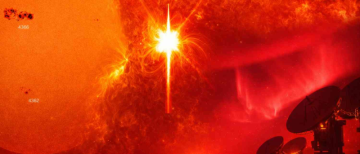The importance of early cancer detection and treatment was emphasized in a statement released by the Indian Institute of Science (IISc) in Bengaluru on Monday. Copper sulphide nanoparticles have garnered previous interest for their potential in cancer diagnosis, while gold nanoparticles, which can be chemically customized to target cancer cells, have demonstrated anti-cancer properties.
The significance of prompt cancer detection and treatment was highlighted in a statement from the Bengaluru-based IISc on Monday. While copper sulphide nanoparticles have been previously explored for their potential in cancer diagnosis, gold nanoparticles, which can be chemically tailored to target cancer cells, have demonstrated their anti-cancer properties. In the ongoing research, the IISc team opted to merge these two nanoparticle types into a hybrid form.

"These particles possess photothermal, oxidative stress, and photoacoustic characteristics," explained Jaya Prakash, an Assistant Professor at the Department of Instrumentation and Applied Physics at IISc and one of the paper's corresponding authors. Co-first authors of the study are PhD students Madhavi Tripathi and Swathi Padmanabhan.
When these hybrid nanoparticles are exposed to light, they absorb the light and produce heat, which has the potential to eliminate cancer cells. Additionally, these nanoparticles generate singlet oxygen atoms, which are detrimental to the cells, as emphasized in the statement. Jaya Prakash further elaborates, "Our aim is to utilize both of these mechanisms to effectively eliminate cancer cells."Furthermore, the researchers indicate that these nanoparticles could also serve as a diagnostic tool for specific types of cancer.
© Copyright 2023. All Rights Reserved Powered by Vygr Media.


























